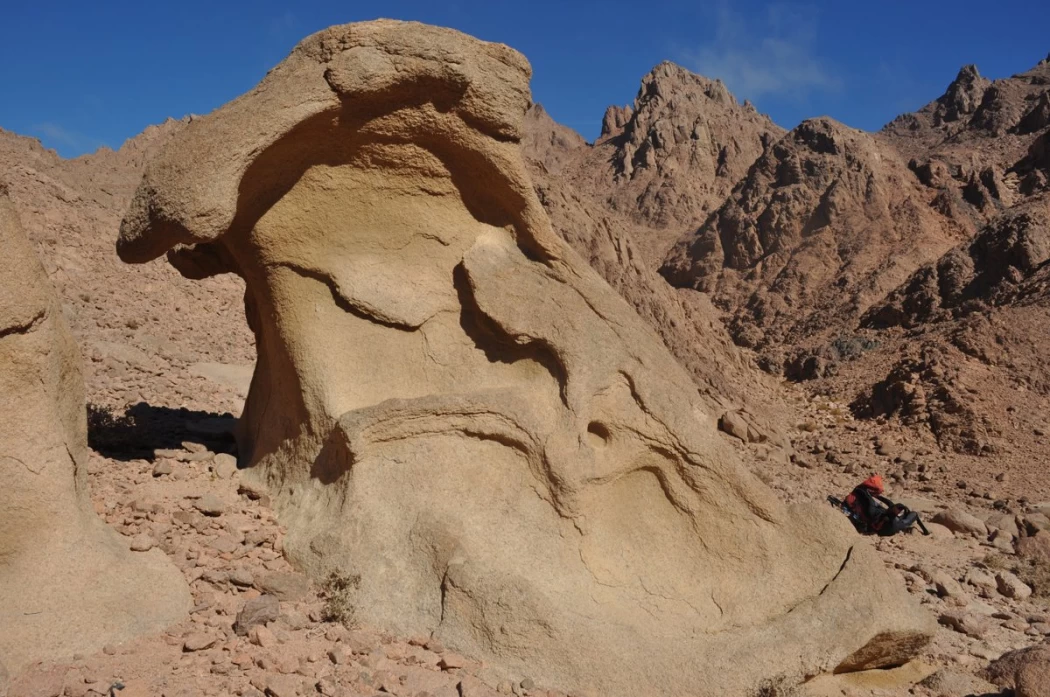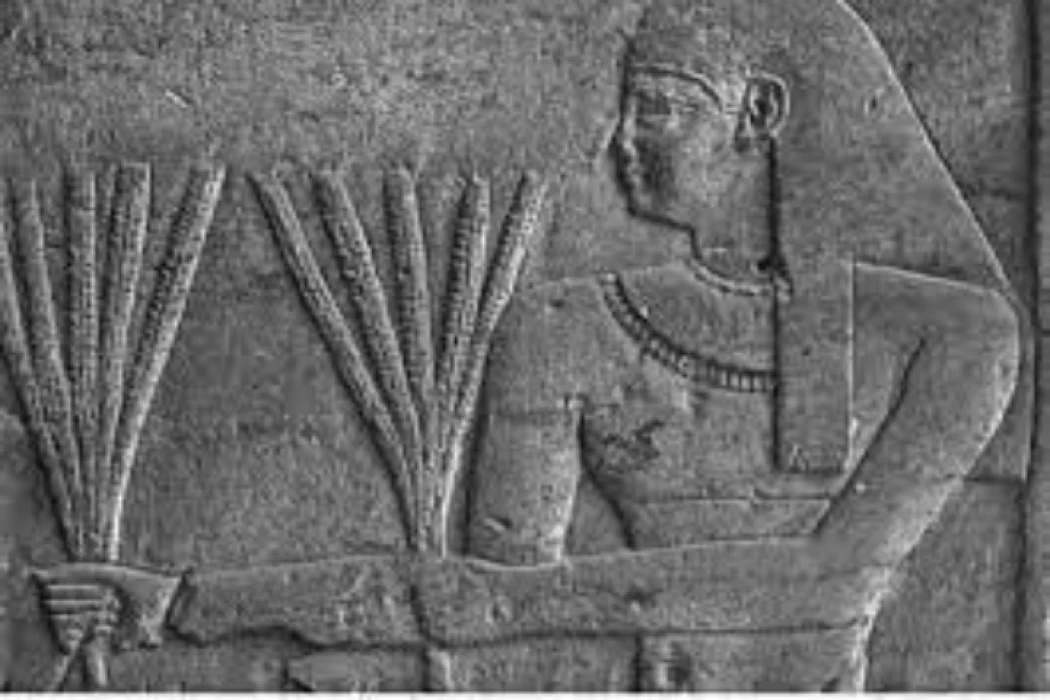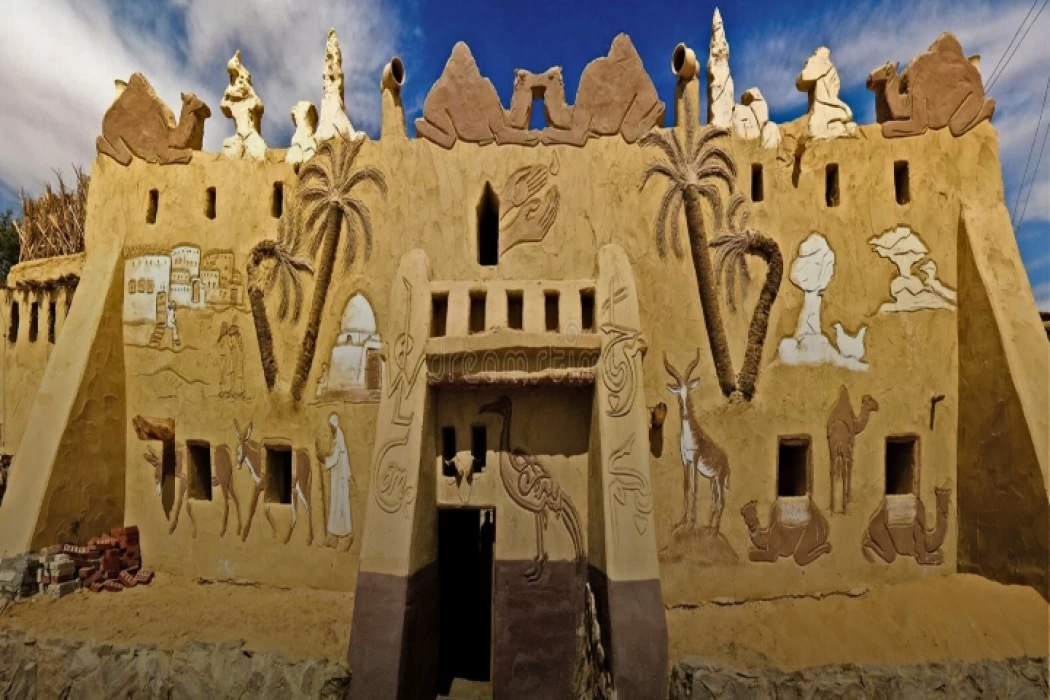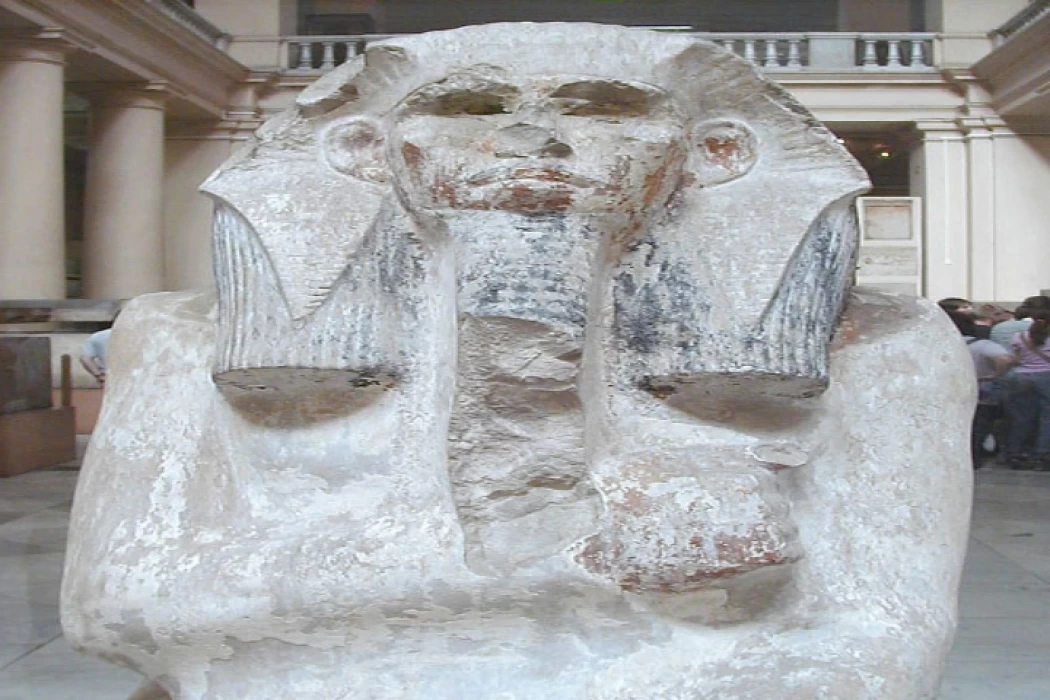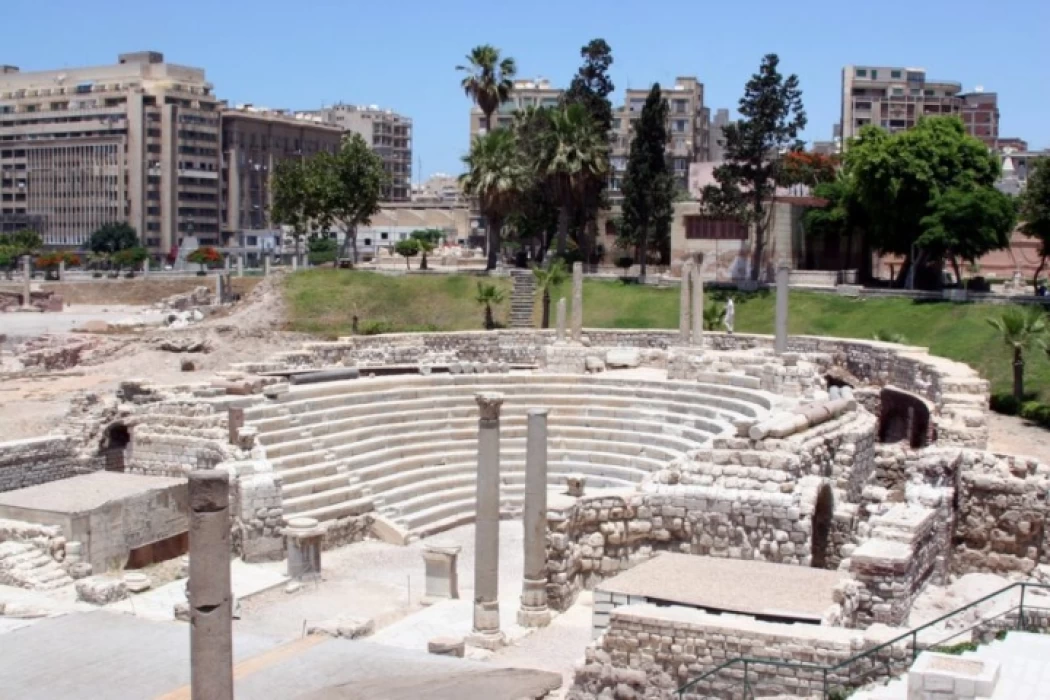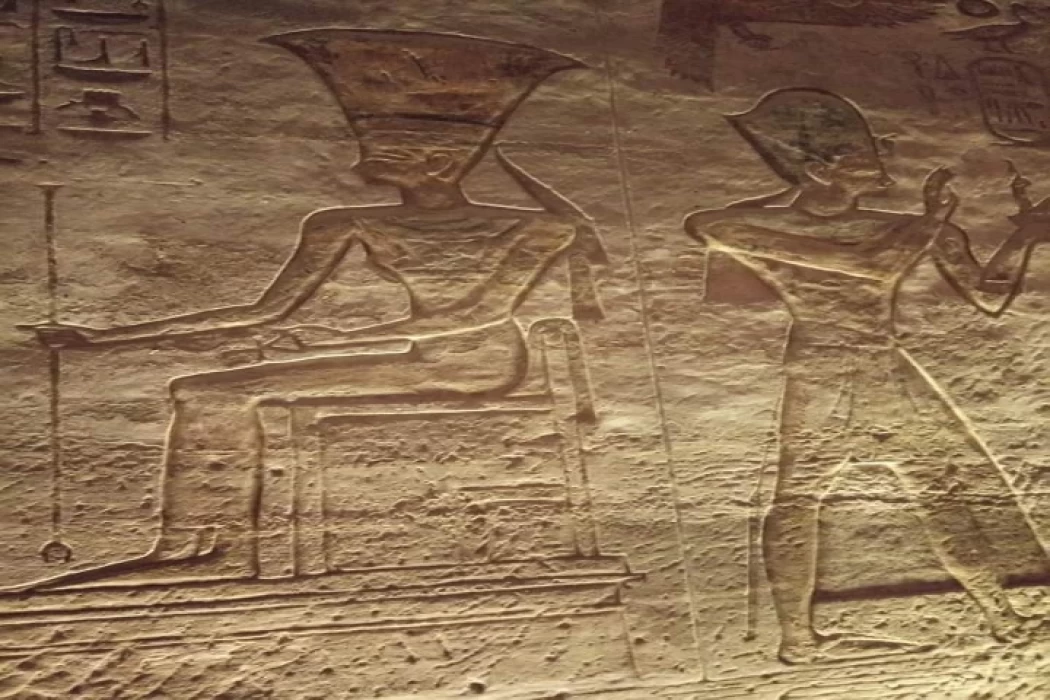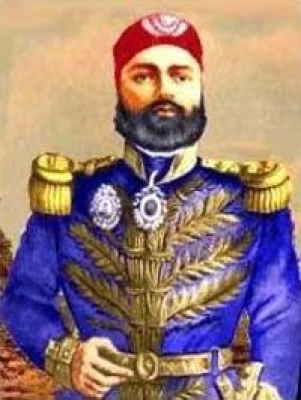
Regin of Abbas I of Egypt | Abbas Pasha I
Abbas Pasha I (July 1, 1813 - July 13, 1854), ruler of Egypt between 1848 - 1854, and one of the rulers of the Alawite family.
His upbringing and works before the reign
He did not inherit from his grandfather his talents and genius, and he did not resemble his uncle Ibrahim in his greatness and heroism, but before his mandate to rule and after he took over, he was devoid of the advantages and qualities that make him a great king who carries out the burdens of government and takes the country on the path of progress and Renaissance. Born in the city of Jeddah in 1813 and later moved to Cairo, his grandfather Muhammad Ali took some care in getting used to the ruling mandate, as he was the oldest member of the Alawite family and therefore entitled to the ruling mandate after his uncle Ibrahim Pasha, so he was entrusted with administrative and military positions. From administrative positions, he held the post of director of the western, and then the position of the clerical, which was the position of the head of the principal. He used to inform his grandfather about some of these behaviors, ending them and warning him of their consequences, but his nature overcame his grandfather's advice and orders.
From the military side, he participated with his uncle Ibrahim Pasha in the war in the Levant, in which he commanded one of the legions, but he was not distinguished by an act indicative of heroism or excellent efficiency. Therefore, he had no striking advantage, except that he was the grandson of a man who founded a great king, and this King became him, without the talents of an institution being transferred to him, so he was like the heir to a huge estate collected by his heirs with efficiency and good management and left it to those without talents and advantages. His uncle Ibrahim Pasha was not satisfied with his behavior and his tendency to cruelty, and often his tendency to overwork parents was based on him, so he was forced to emigrate to the place of his birth, Jeddah, and stayed there until his uncle Ibrahim Pasha's death.
During his stay in Hejaz, Abbas Pasha played a good role in mediating between Sharif Muhammad ibn Aoun and Imam Faisal when the Sharif launched a campaign on Najd in 1263 AH/1847 AD
His governorship
He was in Jeddah when his uncle Ibrahim Pasha died, so he was summoned to Egypt to succeed him on the throne in implementation of the old system of inheritance, which makes the ruling mandate of the guide, the guide is a descendant of Muhammad Ali, and assumed the rule on November 24, 1848.
About his reign
He ruled for five and a half years, during which he seemed eccentric in his life, a lot of flying, with a tendency to cruelty, bad-natured to people, and that's why he often took refuge in solitude, hiding between the walls of his palaces. He was planning to build it in the desert or far from Anas, except for Sarai Al-Kharn and Sarai Al-helmiya in Cairo, where he built a palace in the ridaniya desert, which turned into Abbasiya, one of the most famous neighborhoods of Cairo, which was then named after him, and at that time it was in the middle of the desert, and miso Ferdinand de Lesseps saw this palace in 1855 its enormity and mentioned that its Windows reached 2000 windows, and this alone gives an idea of the grandeur of the palace and its vastness, as he built himself a city in the desert, and also built another remote Palace in Casablanca, located in the mountain on the Suez Road, the traces of which remain today. He also built a palace in Banha on the banks of the Nile, far from the city, the palace where he was killed.
He mistook members of his family and many of the men of Muhammad Ali Pasha and Ibrahim Pasha, and he imagined the illusion that they were conspiring against him, so he mistreated them and many of them feared for their lives, some of them fled to Astana and some to Europe for fear of his tyranny, and the hostility between the two teams intensified throughout his reign. He was informed of his hatred for those who target his anger that he tried to kill his aunt, "Princess Nazli hanem," and the enmity between them intensified until she emigrated to Astana for fear of his tyranny.
During his reign, espionage spread fearfully, so the man did not protect himself from his owner and his friend, and whoever was angry with him was exiled to Sudan, and his property was confiscated. He banished those who were angry with them to the extreme of Sudan from the familiar things of that era. He was fond of riding horses and camels, covering long distances in the desert, and he had a great fondness for acquiring precious horses, as he brought them from different countries and took great care of their breeding, built huge stables for them and spent generously on them, like horse enthusiasts.
His public policy
His reign differs from the era of Muhammad Ali that the Renaissance Movement, progress and activity that characterized this era declined during his reign, and there is another phenomenon of the difference between the two eras, as Muhammad Ali used to use the knowledge and experience of the French in most reform projects, but because he did not think about undertaking these reforms, he excluded most of these experts and dispensed with them, and the French influence waned during his reign and reappeared only during the reign of Muhammad Said Pasha. Contrary to the decline of French influence, English influence began during his reign at the hands of the British consul in Egypt, "Mr. Mary", where he had a great influence on him and had a heard word. The real reason for this status is not known except that as a result of coincidence, however, it was said that he was being used to seek with the Ottoman government by the ambassador of England to change the system of succession to the throne in order to pass to his son "my inspiration", and in another version that he was being used by him and the English government to prevent the Ottoman state from interfering in Egypt's affairs, as it wanted to apply the basic law known as regulations to Egypt.
He was a supporter of Sheikh Mohammed bin Abdul Wahhab and smuggled one of his sons while in Egyptian prisons after his capture in the battle fought by Ibrahim Pasha against the first Saudi state. He also revived the ritual of commanding good and forbidding evil in Egypt.
As for the reason for the ambiguity of Abbas ' reign and the defamation of his rule, it is the creation of European historians, who were offended by his retirement from foreigners who were actively seeking to spread their influence to the rest of the country, he was exposed by many of them and wanted to strengthen the national spirit in the country, this aroused their souls and some said that he sent only 19 students for a specific time, and the truth is that Abbas Pasha did not say about his grandfather Muhammad Ali Pasha The elder took care of education and sending missions to Europe.
His death
His death was an assassination in his palace in Banha, and he was succeeded by his uncle, Mehmed said Pasha.
Latest Articles
Admin
Story of Gabal Shayeb Al Banat - Red Sea Mountain
Jabal shayb al-banat is one of the Red Sea Mountains in the eastern desert in Egypt, located to the west of the city of Hurghada at a latitude of 27 degrees north and a longitude of 33.5 degrees east of the Greenwich line approximately, this mountain is the highest mountain peak in the eastern desert with a height of up to 2185 meters, it is a prominent mass of igneous rocks
Admin
Neper God Of Grain
Neper was the deity of grains, particularly cereals that were important in Ancient Egypt, such as wheat and barley. It was stated that he foretold when the crops would grow, be harvested, and disappear.
Admin
Badr Museum in Farafra
The Badr Museum is located in a mud building, which is the common home found in this medieval part of Egypt. All of the artwork that was created by the artist is quite unique. His work almost always depicts life in the Farafra Oasis and he provides the work through both painting and sculpting.
Admin
Djoser
Djoser was an ancient Egyptian pharaoh of the 3rd Dynasty during the Old Kingdom and was the founder of that epoch. He is also known by his Hellenized names Tosorthros (from Manetho) and Sesorthos (from Eusebius). He was the son of King Khasekhemwy and Queen Nimaathap, but whether he was also the direct successor to their throne is unclear. Most Ramesside king lists identify a king named Nebka as preceding him, but there are difficulties in connecting that name with contemporary Horus names, so some Egyptologists question the received throne sequence. Djoser is known for his step pyramid, which is the earliest colossal stone building in ancient Egypt
Admin
Kom Al Dikka Alexandria
Kom El Deka, also known as Kom el-Dikka, is a neighborhood and archaeological site in Alexandria, Egypt. Early Kom El-Dikka was a well-off residential area, and later it was a major civic center in Alexandria, with a bath complex (thermae), auditoria (lecture halls), and a theatre.
Admin
The God Anuket
Anuket, in Egyptian religion, the patron deity of the Nile River. Anuket is normally depicted as a beautiful woman wearing a crown of reeds and ostrich feathers and accompanied by a gazelle.
